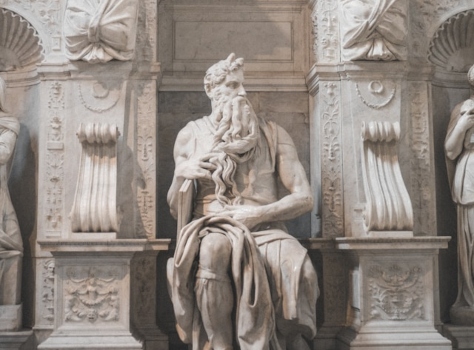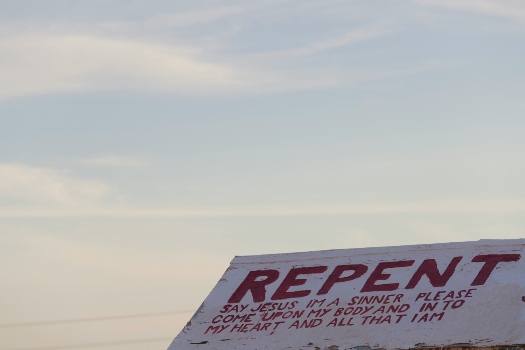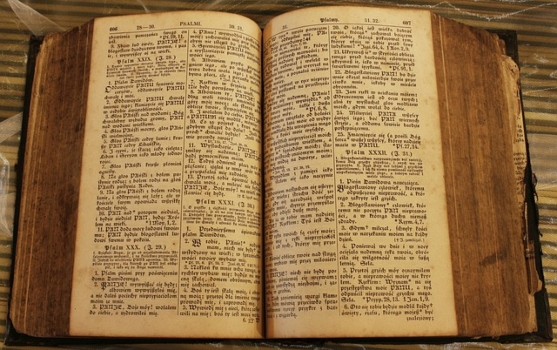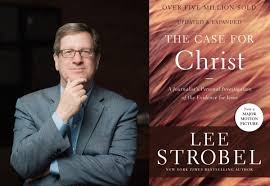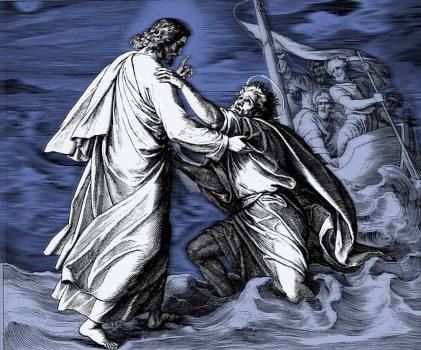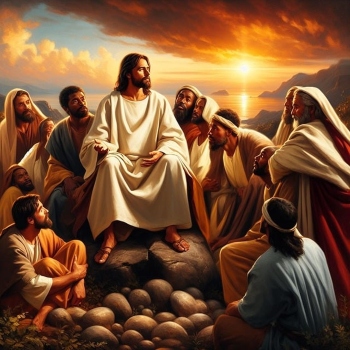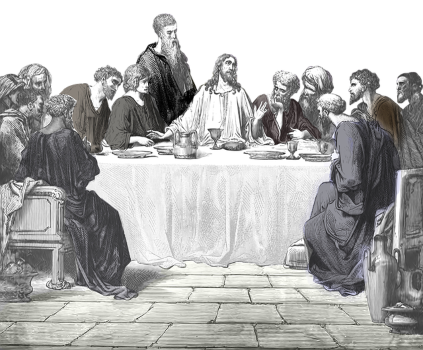It All Comes Down to Choice
We’re all faced with a lot of choices every day. When situations happen, we can choose this or that.
Choice is the most powerful weapon we have.

Too often we make the wrong choices. Sometimes we make what we think to be the right decisions based on what we know at the time, only to find out later it was the wrong one. Then we can make a different decision.
The important thing is that when making decisions, we’re making them for the right reasons with the right guidance.
We need to be clear on what makes a decision right.
In 2 Kings 18:1-5, Hezekiah became king of Judah. He did what was pleasing in the Lord’s sight, just as his ancestor David had done. He removed the pagan shrines, smashed the sacred pillars, and cut down the Asherah poles. He broke up the bronze serpent that Moses had made, because the people of Israel had been offering sacrifices to it.
Hezekiah trusted in the Lord, the God of Israel.
He was 25 years old when he became king. I don’t know about you, but I made some bad decisions when I was 25.
King Sennacherib of Assyria came and began attacking the towns in Judah. After which Hezekiah offered to pay Sennacherib if he would withdraw his armies. The king of Assyria demanded a settlement of more than eleven tons of silver and one ton of gold. To gather this amount, King Hezekiah used all the silver stored in the Temple of the Lord and in the palace treasury. Hezekiah even stripped the gold from the doors of the Lord’s Temple and from the doorposts he had overlaid with gold, and he gave it all to the Assyrian king.

Nevertheless, the king of Assyria sent his commander in chief, his field commander, and his chief of staff from Lachish with a huge army to confront King Hezekiah in Jerusalem. The Assyrians took up a position beside the aqueduct that feeds water into the upper pool, near the road leading to the field where cloth is washed. They summoned King Hezekiah… (2 Kings 18:13-18)
Sennacherib offers Hezekiah another deal telling him that no other kings can help him, and neither can God. He tells them to give up and become his slaves. It would be better for them than staying and starving to death. (2 Kings 18:19-37)
After the king of Assyria sent the message, Isaiah the prophet replied, “This is what the Lord says: Do not be disturbed by this blasphemous speech against me from the Assyrian king’s messengers. Listen! I myself will move against him, and the king will receive a message that he is needed at home. So he will return to his land, where I will have him killed with a sword.” (2 Kings 19:5-7)
After Hezekiah received the letter from the messengers, he went up to the Lord’s Temple and spread it out before the Lord. And Hezekiah prayed this prayer before the Lord: “…You alone are God of all the kingdoms of the earth. You alone created the heavens and the earth. Bend down, O Lord, and listen! Open your eyes, O Lord, and see! Listen to Sennacherib’s words of defiance against the living God.
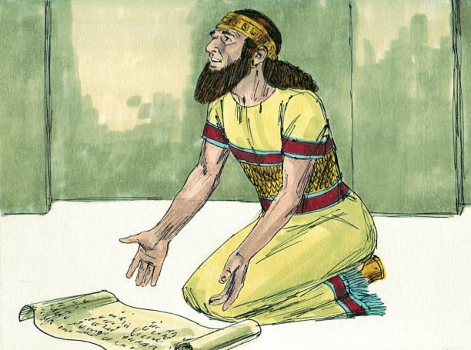
“It is true, Lord, that the kings of Assyria have destroyed all these nations. And they have thrown the gods of these nations into the fire and burned them. But of course the Assyrians could destroy them! They were not gods at all—only idols of wood and stone shaped by human hands. Now, O Lord our God, rescue us from his power; then all the kingdoms of the earth will know that You alone, O Lord, are God.” (2 Kings 19:14-19)
That night the angel of the Lord went out to the Assyrian camp and killed 185,000 Assyrian soldiers. When the surviving Assyrians woke up the next morning, they found corpses everywhere. Then King Sennacherib of Assyria broke camp and returned to his own land. He went home to his capital of Nineveh and stayed there.
One day while he was worshiping in the temple of his god Nisroch, his sons Adrammelech and Sharezer killed him with their swords. (2 Kings 19:35-37)
Life happened to Hezekiah, he asked God for deliverance, and they received it.
We need to remember to go to God when life happens to us.
Deliverance comes from God…discipleship is what we do.









